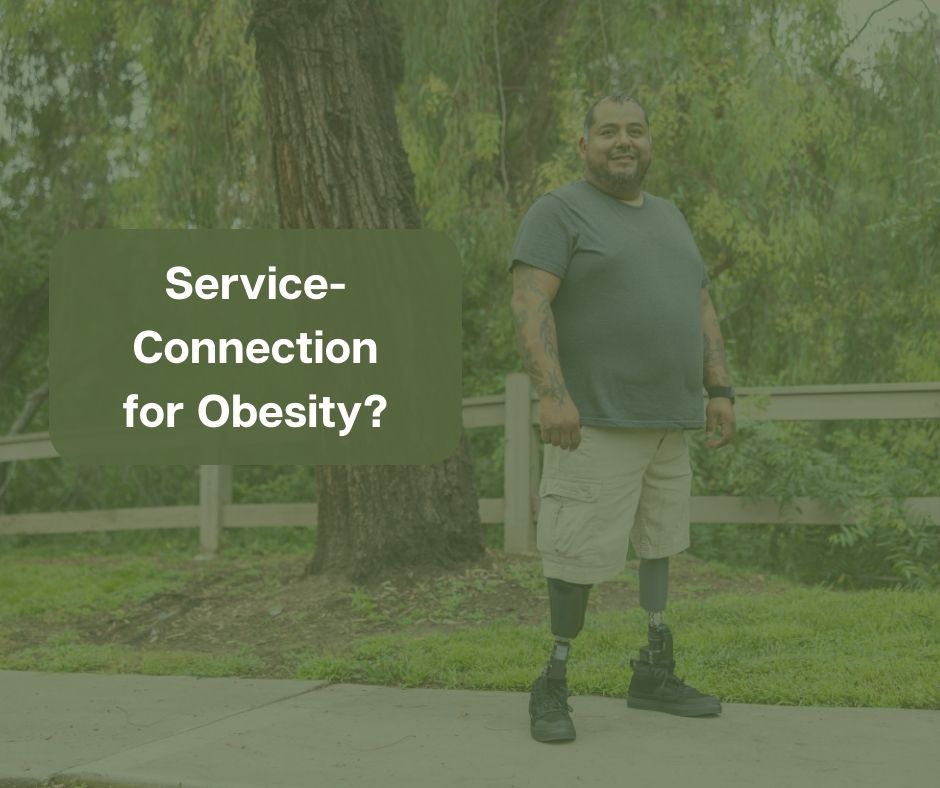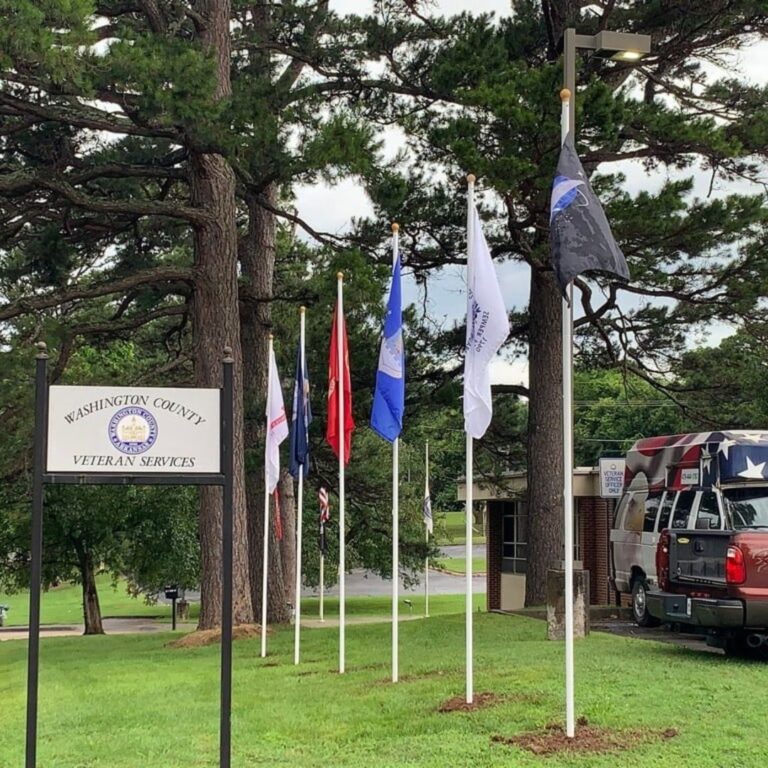Can You Be Service-Connected For Obesity?
Three years ago, the U.S. Court of Appeals for the Federal Circuit ruled that obesity can be service-connected if it results in a “functional impairment of earning capacity.” That means that even though obesity is not ratable under the VA Schedule of Rating Disabilities, if it causes a functional impairment of earning capacity (loss of ability to earn the wage you could otherwise earn) and it can be linked to a Veteran’s service, then it can be service-connected as a disability. It doesn’t have to be a ‘disability’ that is currently rated by the VA to qualify.
Background
Gary R. Larson, a veteran, served in the United States Navy Reserves in 1988 and was on active duty in the Navy from 1989 to 1993. He experienced significant weight gain during and after his active duty.
In 2009, Mr. Larson filed a claim seeking service connection for various conditions, including obesity and dysmetabolic syndrome (DMS). The VA rejected these claims in 2010, and the Board of Veterans’ Appeals (Board) upheld this denial in 2016. The Board’s decision was based on the assertion that neither DMS nor obesity qualified as disabilities because they were not assessable under the VA Schedule of Rating Disabilities (rating schedule).
Mr. Larson then appealed to the U.S. Court of Appeals for Veterans Claims (Veterans Court). However, the Veterans Court affirmed the Board’s decision, stating that it lacked the authority to review the Board’s determination regarding what constitutes a disability. The Veterans Court argued that such an assessment would essentially involve reviewing the rating schedule, which is not within its purview.
The case was taken to the Court of Appeals for Veterans Claims, which examined the matter. The court looked at the case in view of Saunders v. Wilkie and found for the Veteran.
Saunders v. Wilkie
In simpler terms, the Saunders case clarified that the Veterans Court has the power to decide what counts as a disability. Before this case, if a veteran had knee pain but no confirmed medical diagnosis, it wouldn’t be viewed as a disability according to law 38 U.S.C. § 1110. But this outlook changed after the Saunders case.
The Veterans Court had agreed with a previous decision that said without a clear illness or injury, you couldn’t call the knee pain a disability. The higher court, however, didn’t think that decision was made using the correct rules. They said that an ailment doesn’t need an official diagnosis to be considered a disability under this law. Instead, a disability means that the problem makes it harder for someone to work and earn money, without worrying about the medical cause of the problem.
It is important to remember that the case didn’t deal with whether the Veterans Court was allowed to review decisions made by the Board. But, Saunders did clear up the meaning of “disability” under section 1110, making it stand alone and different from other disabilities that might be more clearly defined on official lists.
Decision in Larson v. McDonough
In this case, it is established that the Veterans Court made a legal error by determining that it lacked jurisdiction to review the Board’s denial of Mr. Larson’s claim for service connection for DMS and obesity. Section 7252(b) of the law restricting the Veterans Court’s jurisdiction does not apply in this situation because Mr. Larson is only seeking to establish that his conditions are service-connected disabilities for § 1110 purposes. He is not asking the Veterans Court to change the rating schedule or order the VA to assign a rating that conflicts with the schedule. Therefore, the Veterans Court is allowed to review Mr. Larson’s appeal of the Board’s decision that DMS and obesity were not disabilities under § 1110.
The long and short of it is that a disability may be claimed even if it doesn’t appear on the VA rating schedule, as long as it results in a functional impairment of earning capacity. If you have been denied for a condition that is service-related but not on the VA rating schedule, it may be time to have the case re-examined.
As always, we suggest consulting a local Veteran Service Officer for assistance in filing your claim. If you fit the above criteria, mention to your VSO the court case of Larson v. McDonough for reference.







